Dr. Deborah Garrett is the Vice Chancellor for Student Services at Arkansas State University-Beebe and President for the Council for the Advancement of Standards in Higher Education (CAS). She is married to her best friend, Dave, and is the proud grandmother of six awesome kids.
Dr. Garrett has been employed in higher education for almost forty years, serving as a senior-level administrator, interim college president, and chief student services officer. She is a passionate advocate for improvement of programs and services thorough self-assessment and the incorporation of student learning outcomes in an effort to better serve the student. Since the fall of 2000, Dr. Garrett has served on the CAS Board, representing the National Council on Student Development (NCSD). She has employed the CAS standards and self-assessment guides for the last six years in the Student Services division at ASU-Beebe in order to make program improvements, create student learning outcomes for the division, and to prepare for an accreditation visit. This hands-on use of the CAS standards and guides has allowed her first-hand knowledge of the challenges faced by those going through the assessment process. In response, Dr. Garrett has developed additional training guides and tools to make the process easier. She developed and coordinated the first statewide CAS User Group meeting in Arkansas with seventeen colleges in attendance.
Dr. Garrett is frequently invited to present at national and state higher education conferences, such as American College Personnel Association (ACPA) and collaborates with colleagues across the field on CAS assessment.
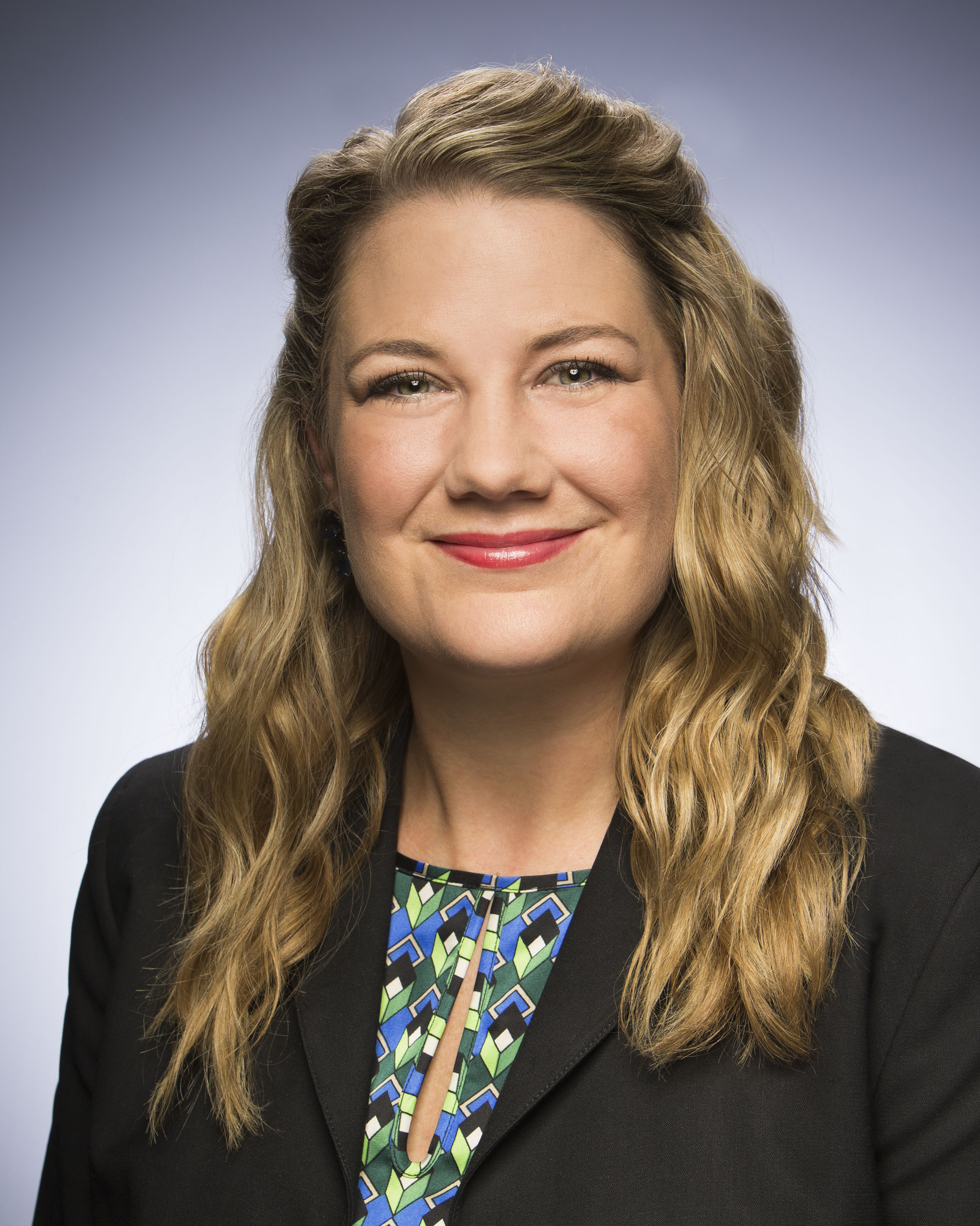 Dr. Amber Garrison Duncan serves in a dual role at Lumina Foundation, as Evaluation Officer and Strategy Officer. Her work focuses on managing evaluations and applying findings to inform Lumina’s work to reach Goal 2025. She also serves on Lumina’s strategy work group on new systems of quality credentials in higher education, including the Degree Qualifications Profile and Tuning. These activities allow her to draw on her 15 years of experience as a campus-based student affairs professional, designing co-curricular learning experiences and leading assessment. Amber has served in leadership roles with NASPA, ACPA, and Student Affairs Assessment Leaders. She earned her Ph.D. in educational leadership at the University of Oregon and has researched and written on student affairs assessment, general education, women in higher education, and Latina student experiences in college.
Dr. Amber Garrison Duncan serves in a dual role at Lumina Foundation, as Evaluation Officer and Strategy Officer. Her work focuses on managing evaluations and applying findings to inform Lumina’s work to reach Goal 2025. She also serves on Lumina’s strategy work group on new systems of quality credentials in higher education, including the Degree Qualifications Profile and Tuning. These activities allow her to draw on her 15 years of experience as a campus-based student affairs professional, designing co-curricular learning experiences and leading assessment. Amber has served in leadership roles with NASPA, ACPA, and Student Affairs Assessment Leaders. She earned her Ph.D. in educational leadership at the University of Oregon and has researched and written on student affairs assessment, general education, women in higher education, and Latina student experiences in college.
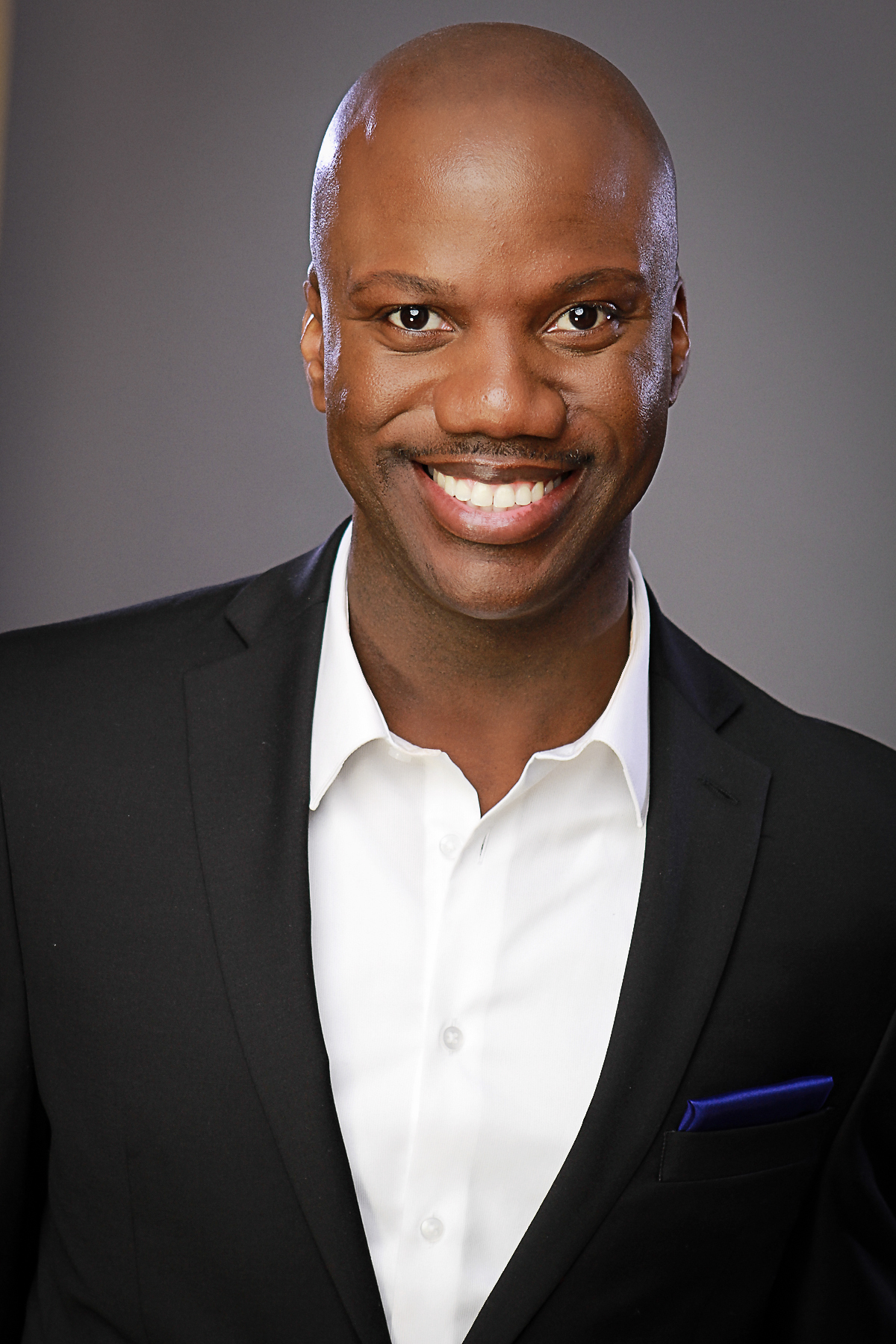 Named by Education Week as one of the 50 most influential professors in the field of education, Shaun R. Harper continually produces groundbreaking research on race, equity, and student success in college. For the past nine years, he has been on the faculty in the Graduate School of Education, Gender Studies, and Africana Studies at the University of Pennsylvania. He is founder and executive director of the Center for the Study of Race and Equity in Education, which unites Penn professors and graduate students who collaboratively produce interdisciplinary research for action and justice. He also is dean of the Penn Equity Institutes.
Named by Education Week as one of the 50 most influential professors in the field of education, Shaun R. Harper continually produces groundbreaking research on race, equity, and student success in college. For the past nine years, he has been on the faculty in the Graduate School of Education, Gender Studies, and Africana Studies at the University of Pennsylvania. He is founder and executive director of the Center for the Study of Race and Equity in Education, which unites Penn professors and graduate students who collaboratively produce interdisciplinary research for action and justice. He also is dean of the Penn Equity Institutes.
Professor Harper has published over 90 peer-reviewed journal articles and other academic publications. His 12 books include Student Engagement in Higher Education (Routledge, 2009, 2014), Advancing Black Male Student Success from Preschool through Ph.D. (Stylus, 2015), College Men and Masculinities (Jossey-Bass, 2010), and the 5th edition of Student Services: A Handbook for the Profession (Jossey-Bass, 2011). He has received over $11.7 million in grants to fund his research. ACPA recognized him with its 2005 Emerging Scholar Award, 2006 Annuit Coeptis Award, 2011 Harry Cannon Outstanding Professional Award, and 2014 Contribution to Knowledge Award.
Dr. Harper has been interviewed on CNN, ESPN, and NPR and featured or quoted in The New York Times, Los Angeles Times, Wall Street Journal, Sports Illustrated, Chronicle of Higher Education, and over 400 other media outlets. His master’s degree and Ph.D. in Higher Education and Student Affairs are from Indiana University.
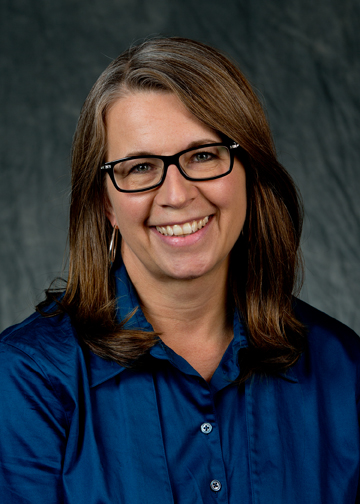 Jillian Kinzie is the associate director for the Center for Postsecondary Research and the National Survey of Student Engagement (NSSE) Institute at Indiana University Bloomington. She conducts research and leads project activities on effective use of student engagement data to improve educational quality, and studies evidence-based improvement in higher education. She is senior scholar on the National Institute for Learning Outcomes Assessment (NILOA) project.
Jillian Kinzie is the associate director for the Center for Postsecondary Research and the National Survey of Student Engagement (NSSE) Institute at Indiana University Bloomington. She conducts research and leads project activities on effective use of student engagement data to improve educational quality, and studies evidence-based improvement in higher education. She is senior scholar on the National Institute for Learning Outcomes Assessment (NILOA) project.
Kinzie earned her PhD from Indiana University in higher education with a minor in women’s studies. Prior to this, she served on the faculty and coordinated the master’s program in higher education and student affairs. She also worked as a researcher and administrator in academic and student affairs at Miami University and Case Western Reserve University. Her co-authored publications include Using Evidence of Student Learning to Improve Higher Education (Jossey-Bass, 2015); Student Success in College (Jossey-Bass, 2005/2010); and the second edition of One Size Does Not Fit All: Traditional and Innovative Models of Student Affairs Practice (Routledge, 2008/2014). She is co-editor of New Directions in Higher Education, on the editorial board of the Journal of College Student Development and the Journal of Learning Community Research, and on the boards of the Council for the Accreditation of Educator Preparation (CAEP), the Washington Internship Institute, and the Gardner Institute for Excellence in Undergraduate Education. In 2001, she was awarded a Student Choice Award for Outstanding Faculty at Indiana University and in 2005 and 2011 received the Robert J. Menges Honored Presentation by the Professional Organizational Development (POD) Network, the Shaffer Distinguished Alumni Award in 2012, and in 2015, was awarded the honor of Senior Scholar by the American College Personnel Association (ACPA).
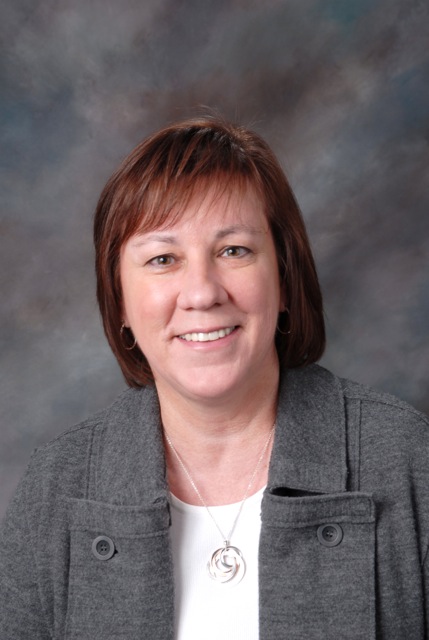 Karen J. Solomon, Vice President for Accreditation Relations, joined the Commission in 2003 and has served as liaison for more than 290 institutions. She is also Director of the Commission’s Standard Pathway.
Karen J. Solomon, Vice President for Accreditation Relations, joined the Commission in 2003 and has served as liaison for more than 290 institutions. She is also Director of the Commission’s Standard Pathway.
Dr. Solomon has led workshops and presentations on a range of topics including assessment of student learning; distance education and technology; adult education programs; direct assessment; and service-learning. She serves as a reviewer of good practices for INQAAHE and has been a consultant, presenter and peer reviewer for developing and newly formed accrediting agencies in several countries.
Dr. Solomon was the founding Executive Director of Illinois Campus Compact for Community Service and served in various roles at higher education institutions and at ACT, Inc.. She holds an Ed.D. in Adult and Continuing Education from Northern Illinois University with a focus on adult learners and educational technology. She is the immediate past chair of the WCET Executive Council.
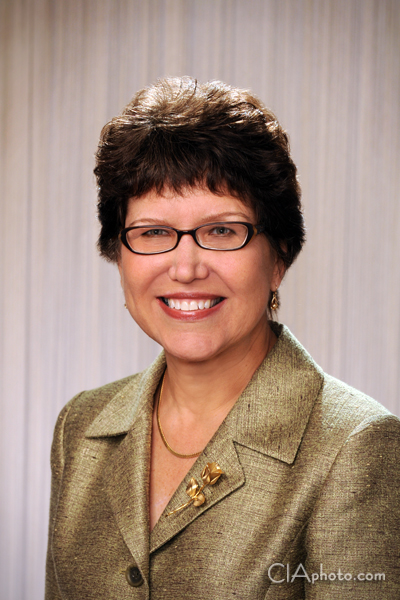 Linda Suskie is an internationally recognized consultant, writer, speaker, and educator on a broad variety of higher education assessment and accreditation topics. Her latest book is Five Dimensions of Quality: A Common Sense Guide to Accreditation and Accountability, with a foreword by Stan Ikenberry. Her previous book Assessing Student Learning: A Common Sense Guide, ranks consistently as one of the best-selling books on assessment in higher education. Her other publications include books, book chapters, and articles on assessment and survey research. Her scholarship interests include principles of good practice in assessment, setting benchmarks and standards, communicating assessment results, and fostering a culture of assessment.
Linda Suskie is an internationally recognized consultant, writer, speaker, and educator on a broad variety of higher education assessment and accreditation topics. Her latest book is Five Dimensions of Quality: A Common Sense Guide to Accreditation and Accountability, with a foreword by Stan Ikenberry. Her previous book Assessing Student Learning: A Common Sense Guide, ranks consistently as one of the best-selling books on assessment in higher education. Her other publications include books, book chapters, and articles on assessment and survey research. Her scholarship interests include principles of good practice in assessment, setting benchmarks and standards, communicating assessment results, and fostering a culture of assessment.
Linda is now a full-time freelance consultant on assessment and accreditation. Prior positions include serving as a vice president at the Middle States Commission on Higher Education, Associate Vice President for Assessment & Institutional Research at Towson University, and Director of the American Association for Higher Education’s Assessment Forum. Her over 35 years of experience in college and university administration include work in assessment, institutional research, strategic planning, and quality management.
Linda has taught graduate courses in assessment and educational research methods and undergraduate courses in writing, statistics, and developmental mathematics. She holds a bachelor’s degree in quantitative studies from Johns Hopkins University and a master’s in educational measurement and statistics from the University of Iowa.
